iOS 17.4 release date rumors and all the new features
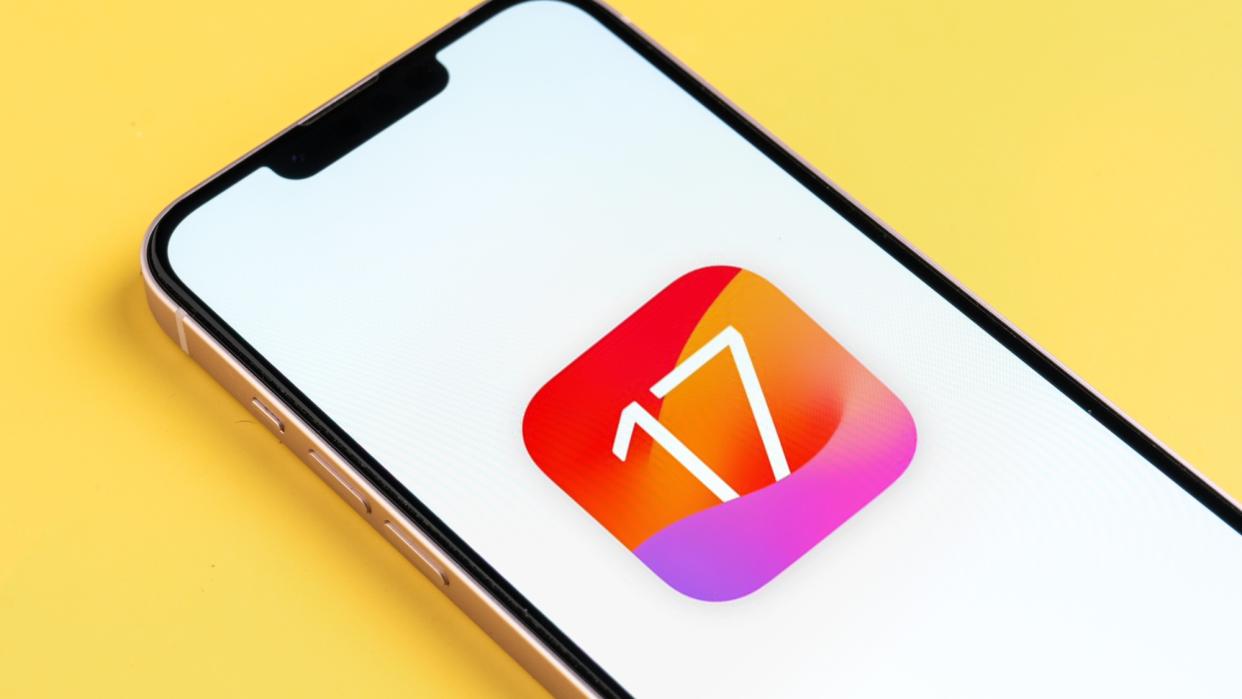
iOS 17.4 has been in beta for a while, but the final version is almost here. With the EU Digital Markets Act set to come into force in early March, it means we already know the absolute latest date Apple can send this update out. It’s rare that we get this kind of forewarning of Apple’s plans, especially where software updates are concerned.
iOS 17.4 is shaping up to be a very big update too, even if you don’t live inside the European Union. There are brand new features, well-deserved upgrades to old ones, improved messaging security and even a safer way to spend your money online, all wrapped up into a single update.
Here’s everything you need to know about iOS 17.4, including rumored release dates, new features and more.
iOS 17.4 Rumored Release Date
Apple hasn’t confirmed exactly when iOS 17.4 beta will be released to the public. But unlike previous updates, new changes to iOS 17.4 in the EU mean Apple has to stick to a hard deadline — lest it face the wrath of the European Commission.
The Digital Markets Act, which forces Apple to open up iOS to third party app stores, comes into force on March 6, 2024. The necessary changes are already available as part of the iOS 17.4 beta, and this means Apple will have to roll out iOS 17.4 to the general public before March 6.
So expect the update to be released during the first week of March. Technically that only needs to happen for users in the EU, but it makes sense to roll the update out globally at the same time.
iOS 17.4 Supported Devices
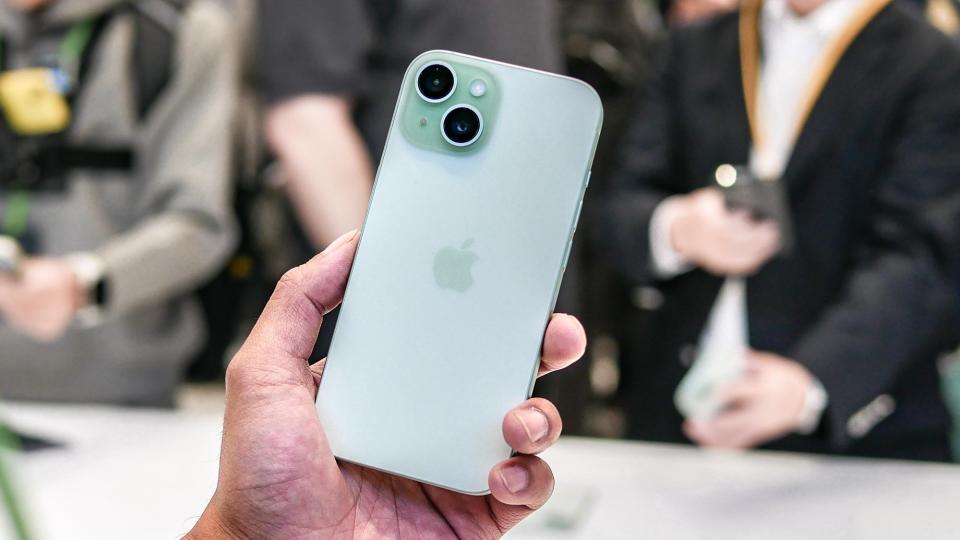
iOS 17.4 will be available on every device capable of running iOS 17. That doesn’t just mean the brand new iPhone 15 series, but every iPhone up to (and including) the iPhone XR — which was released in 2018.
Supported devices include the iPhone 15, iPhone 14, iPhone 13, iPhone 12, iPhone 11, iPhone Xs, iPhone XR, the iPhone SE (2022) and the iPhone SE (2020). Typically newer devices get iOS updates first, though it rarely takes Apple long to roll new software out to every other supported device. Like iOS 17, however, some features may be limited on older phones due to older or missing hardware.
iOS 17.4 New Features
New emojis
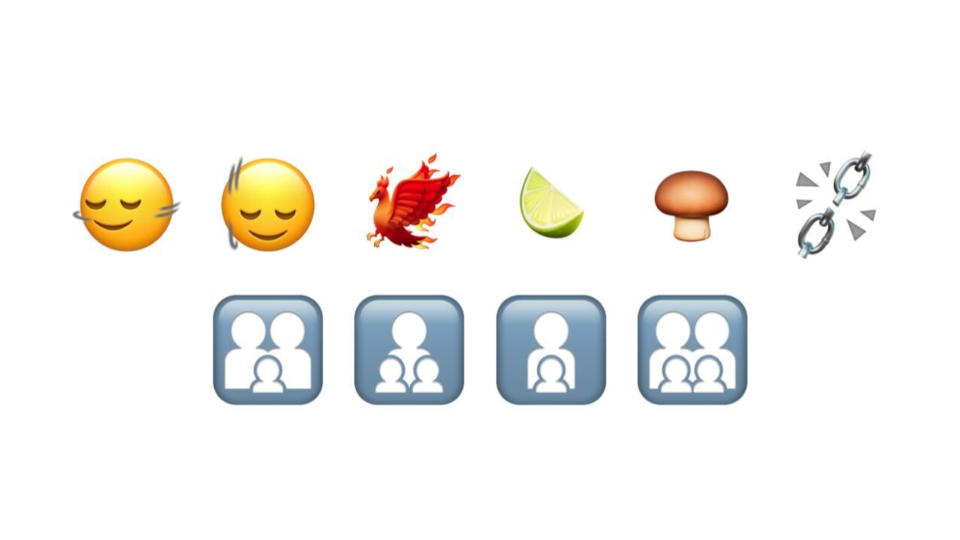
If you’re a big fan of using emojis to express yourself, then iOS 17.4 will have some great additions. 6 new emojis are on the way, including a brown mushroom, a phoenix, a broken chain and a lime wedge. Perhaps most importantly is the fact there’s also a head-shaking face and a nodding face, great for all those times where a thumbs up or thumbs down might be a little too casual for you.
Messaging with Siri
What used to be called “Automatically Send Messages” is being renamed to the less clunky “Messages with Siri.” It also lets you tell Siri to read incoming messages in a specific language including Spanish, French, German, Chinese and others — but this is limited to message playback. The primary language you use to communicate with Siri will stay the same.
Apple Cash virtual card numbers
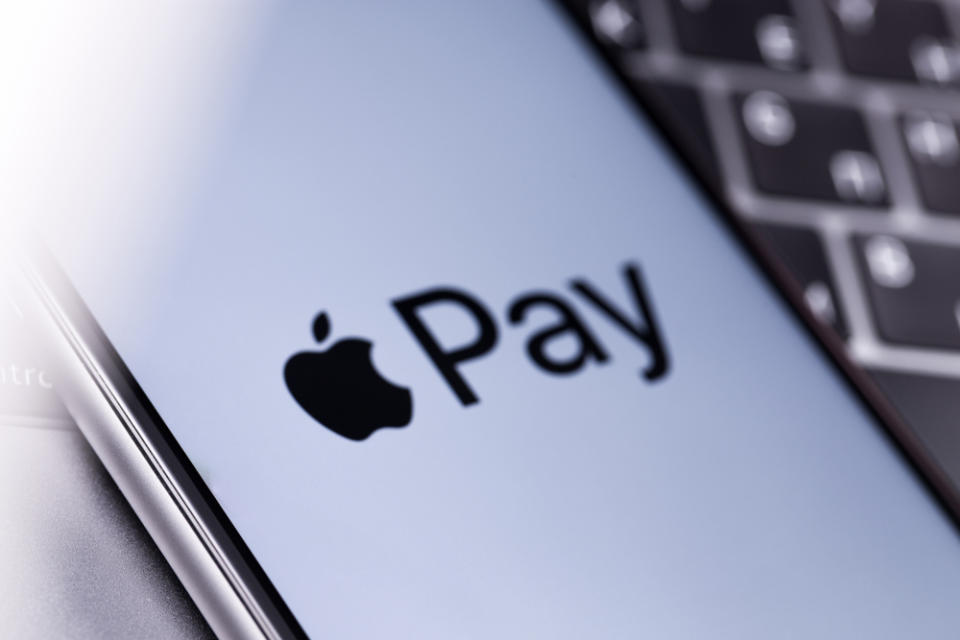
Sometimes the option to use Apple Pay isn’t available, leaving you with no choice but to hand over your credit card number — losing all Apple’s additional payment security in the process. But iOS 17.4 has virtual card numbers, providing you an alternative option.
Apple Cash users will be able to generate virtual card numbers in the Wallet app. Those virtual cards have their own numbers, expiration dates and security codes, and can be used for online purchases just like your physical credit card. But if something goes wrong, and your card is compromised, you can simply cancel it with no ill effects.
No more having to cut up your card or request a new one from the bank. Just cancel and set up a brand new virtual card number. Heck, you could cancel the card after each transaction, safe in the knowledge that your details are safe and all the transactions are charged to your original Apple Cash account.
Quantum Computing protection in iMessage
Here’s something you never knew you needed in iMessage — protection from quantum computing attacks. It sounds like something from science fiction, since quantum computing is still in its infancy, but Apple is adding post-quantum cryptography (PQC) as part of iOS 17.4.
The idea behind a quantum computing attack is that hackers could collect data now, and decrypt it at a later date using quantum computing. And unfortunately quantum computing shouldn’t have any issue cracking modern day encryption when they’re finally viable. PQC algorithms don’t need a quantum computer to develop, but can offer the building blocks of future, quantum secure protocols.
Because it’s never too early to be prepared, and better security is rarely a bad thing when your data is concerned.
Game streaming apps
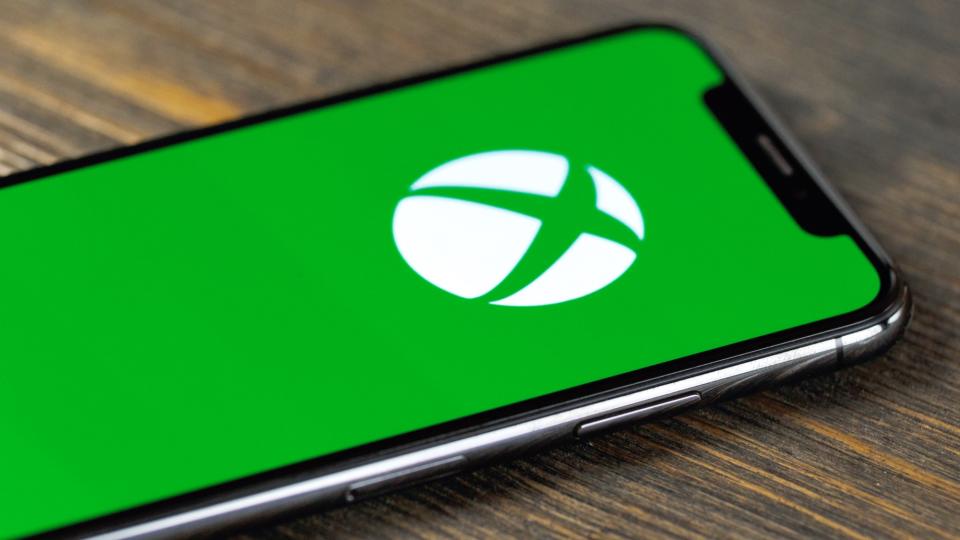
Apple has also had a change of heart with games streaming apps, and will now allow them to be made available on the App Store. Previously Apple wouldn’t allow apps to act as hubs to other content that hadn’t all been approved by App Store moderators — forcing game streaming apps to rely on web apps. Now things have changed, though users may need to wait for developers to create these apps for iOS, and publish them on the App Store.
Disabling hand gesture reactions in video calls
The ability to activate a reaction with hand gestures in a video call was introduced in iOS 17 — without an option to switch it off. Which could be a little awkward if you’re using FaceTime to speak to an important client, or a doctor, and a bunch of fireworks goes off behind you unexpectedly.
iOS 17.4 fixes this glaring oversight, by adding a new API that lets developers turn off hand gesture reactions.
All new CarPlay support
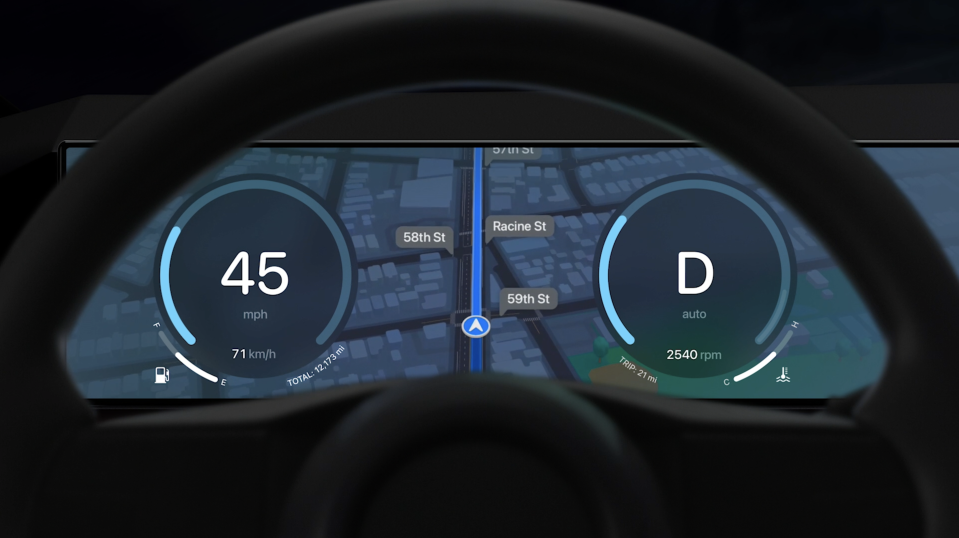
While the next generation of Apple CarPlay isn’t due until later this year, iOS 17.4 will sow the seeds of support that will be necessary to use the in-car software on compatible vehicles. For those who don’t know, the new CarPlay allows your iPhone to take control of all your car’s displays and access certain in-car systems.
Code in the iOS 17.4 beta confirms that this includes accessing car cameras, battery chart levels, climate controls, door closure sensors, in-car media including FM and AM radio, tire pressure and data about your driving trips.
Other iOS 17.4 tweaks
Other smaller features coming to iOS 17.4 across the world includes the option for Stolen Device Protection delays to only kick in if you’re in unfamiliar locations, podcast transcripts when you’re listening in Apple Music, while Apple Music’s “Listen Now” tab is being renamed “Home.”
Apple has also added a Live Activity for the Stopwatch, which allows the stopwatch and controls to appear in the Dynamic Island and lockscreen. Apple has added a new “City Digital” clock widget as well, while Apple TV’s “How to Watch” section also switches from a card interface to a list. The purchase list in the App Store also includes every purchase your account makes, including TV, movies, music, subscriptions and apps.
iOS 17.4 EU exclusive changes
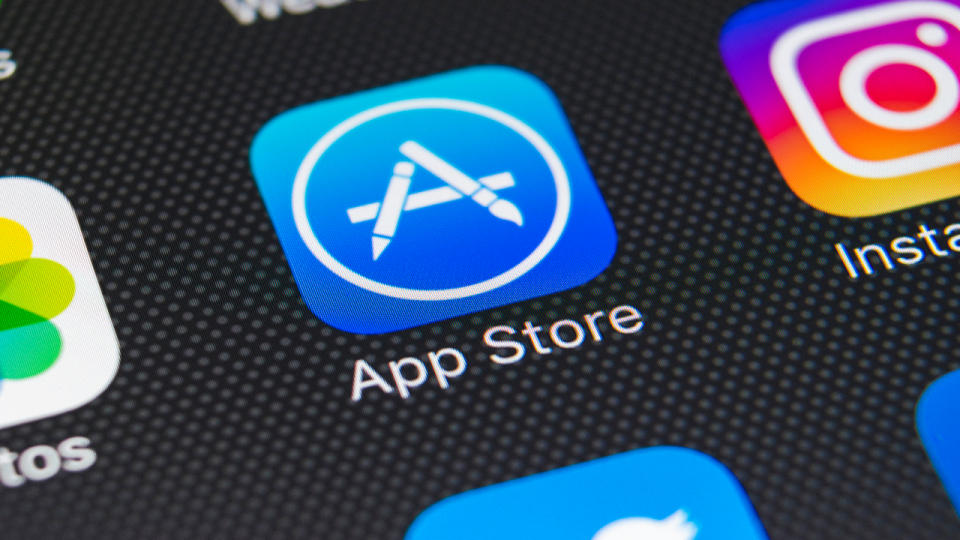
iPhone users in the EU will be subject to different rules with the launch of iOS 17.4, thanks to the implementation of the Digital Market Act in the region. The big change is that Apple has to offer the option to download apps from third party app stores — albeit in a way that allows it to maintain some modicum of control. That means the right to approve what apps are allowed from third party stores, while developers will need to pay royalties to Apple.
This won’t affect the user experience, and EU iPhone owners will be able to download apps from outside the Apple App Store for the very first time. Though it remains to be seen whether any developers will actually be on board with Apple’s plans. So far only Epic Games has announced plans to launch a separate app store, but there have been rumors the likes of Microsoft may also develop their own Apple-free games store.
EU users will also be able to set a new default web browser, while Apple Pay and NFC will be opened up to allow alternative payment options to users.
The downside to being an iPhone user in the EU is that iOS 17.4 is set to remove support for Progressive Web Apps (PWA). A PWA is designed for services that aren’t allowed in Apple’s App Store, which previously includes games streaming platforms like Xbox Game pass. The idea is that the PWA can offer an app-like experience in a web browser tab, complete with a full screen experience and a shortcut on the home screen.
Unfortunately Apple has confirmed that it’s disabling this feature in the EU. The company claims that “complex security and privacy concerns'' mean it's not feasible to maintain web apps. It has something to do with building a new integration of browser architecture that Apple claims is impractical under DMA rules and the “very low user adoption of Home Screen web apps.”
iOS 17.4 Outlook
There’s an awful lot of stuff coming as part of iOS 17.4, but the most crucial thing about this upgrade is that it’s going to splinter the software between different geographical regions. So if you’re in the EU, you have even more to look forward to in the future — even if it means Apple’s broken web apps in the process.
There’s still a little bit of time before the update actually arrives, which means there’s room for Apple to do or announce new things. After all, the quantum computing protection in iMessage didn’t get revealed until February 21. Thankfully we don’t have too long to wait until we can all experience these changes for ourselves, thanks to the EU adding that hard deadline for this particular update to roll out.
